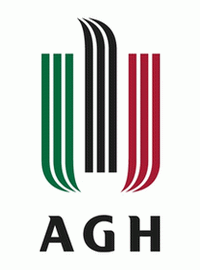Property
Property, in the abstract, is what belongs to or with something, whether as an attribute or as a component of said thing. In the context of this article, it is one or more components (rather than attributes), whether physical or incorporeal, of a person's estate; or so belonging to, as in being owned by, a person or jointly a group of people or a legal entity like a corporation or even a society. Depending on the nature of the property, an owner of property has the right to consume, alter, share, redefine, rent, mortgage, pawn, sell, exchange, transfer, give away or destroy it, or to exclude others from doing these things, as well as to perhaps abandon it; whereas regardless of the nature of the property, the owner thereof has the right to properly use it (as a durable, mean or factor, or whatever), or at the very least exclusively keep it.
Property
A man should also take heart that life is like a revolving wheel, and in the end he or his son or his son's son may be reduced to taking tzedaka. He should not think, therefore, "How shall I diminish my property in order to give to the poor." Instead, he should realize that his property is not his own, but only deposited with him in trust to do with as the Depositor (God) wishes.
Shlomo Ganzfried as translated by George Horowith in The Spirit of the Jewish Law (New York: 1953).
Property
It will perhaps be objected to this, that “if gathering the acorns, or other fruits of the earth, etc. makes a right to them, then any one may engross as much as he will.” To which I answer, Not so. The same law of nature, that does by this means give us property, does also bound that property too. God has given us all things richly ... But how far has he given it us? To enjoy. As much as any one can make use of to any advantage of life before it spoils, so much he may by his labor fix a property in: whatever is beyond this, is more than his share, and belongs to others.
John Locke, Two Treatises of Civil Government, pp. 355-356.

